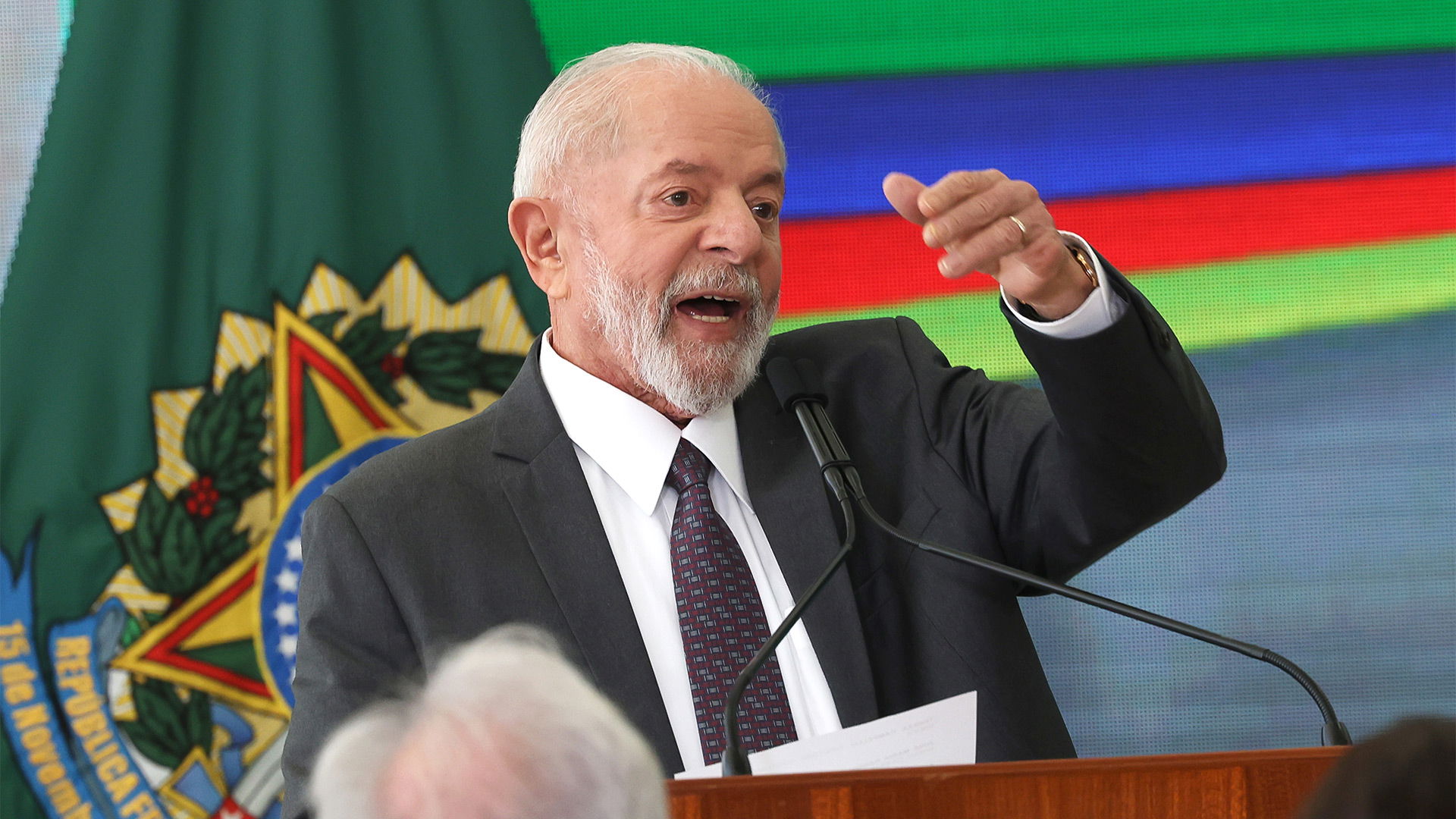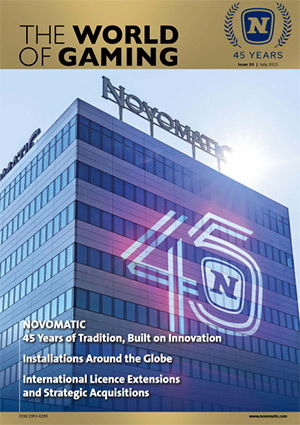Brazil’s new tax rules on foreign payments could push iGaming market toward localization

Brazil’s government has introduced a major increase to its Tax on Financial Transactions (IOF), affecting the online sports betting and iGaming sector by raising the cost of payments to foreign service providers.
The new fiscal policy, outlined in Decree No. 12,466/2025, raises the IOF rate on cross-border service transactions from 0.38% to 3.5%, marking an increase of over 800%. Combined with existing taxes, the total cost of international remittances can now exceed 52.57%.
The hike places substantial financial pressure on Brazilian-licensed operators, particularly those reliant on offshore partners for gaming platforms, CRM systems, and other digital services. Taxes such as IRRF (withholding income tax), CIDE (economic domain intervention contribution), PIS/COFINS-Import, and municipal ISS are added to the IOF, collectively pushing the cost of foreign payments beyond sustainable levels.
In an article published in Games Magazine Brasil, Elvis Lourenço, Chief Product Officer at Aposta Ganha, emphasized that the shift is more than a tax change; it exposes a structural issue in the market’s overreliance on international service providers.
The current regulatory framework allows providers to operate from abroad, but with the new tax burden, many may be forced to either absorb financial losses or formalize their presence in Brazil.
Local incorporation, whether through subsidiaries, joint ventures, or branches, would allow operators to avoid costly international remittances, reduce tax exposure, and benefit from local innovation incentives like the “Lei do Bem,” which offers tax relief for research and development.
The Secretariat of Prizes and Betting (SPA), under Brazil’s Ministry of Finance, is expected to play a key role in steering the transition. Stakeholders are encouraging the SPA to introduce deadlines for foreign B2B providers to regularize their status, define clear accreditation processes, and use fiscal policy to support tech hub development within the country.

















































